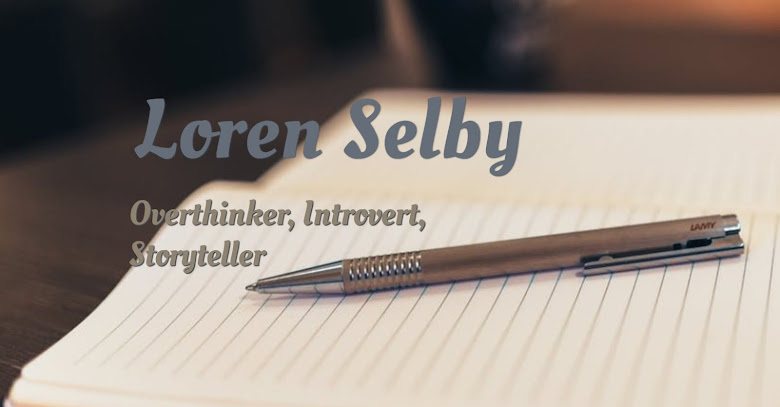The human co-protagonist in Tales of Mundus, Leon, has been part of my imagination since 2003. He
originally had a long and complicated fantasy name, but nobody but Dad and I could pronounce it right. Picking a new name should have
been simple...
...of course I over-thought the
whole process.
In genre fiction, names are a
two edged sword. It cues the reader into the world type. Gandalf the
Grey is a title as much as a name. It fits in a world of descriptive
names and foreign languages. Mundus is not high fantasy – I needed
something a bit more causal.
On the other hand, I didn't
want a diminutive like Tim, Will, etc. or worse something that could
turn into a nickname. Timmy the wizard sounds like a preteen boy
running wild around the castle with the royal children. That just
wouldn't do.
I also didn't want a name that
symbolized something weird. Every name has roots in real words. Loren
comes from Lorene which tracks back to the Latin word for the laurel
tree. There's also cultural baggage with names. Consider about the
surname Lear. Most of my generation will either think about King Lear
from the play or Learjet the airplane makers.
All this factoids and names
requirements made quite the mess out of my notes. For a while, Leon
didn't have a 'name.' I just thought of him as
wizard-who-needs-a-new-name. (It was very awkward to talk about my
projects during those days.)
Finally, I went with my gut and
used my dad's middle name, Leon. Surprising, it passed all my tests.
Leon is not overly common or formal. It's suitable for a grown man in
most cultures. If you break it down it's either a translation of
'lion' or a variant of of Leonidas. (I only though about the Greek
version because of all the legends I read.)
Most importantly, people can
pronounce it right.
